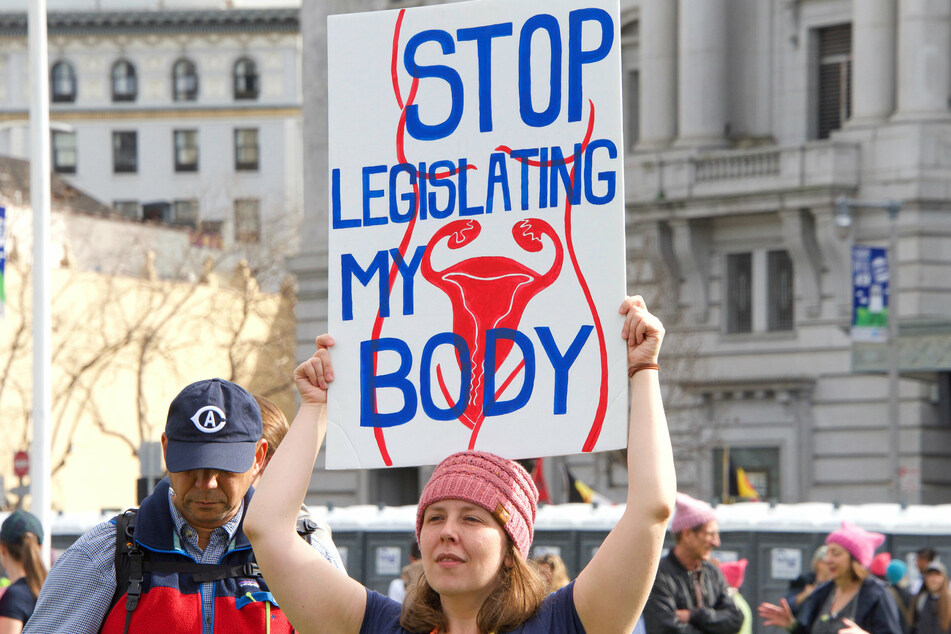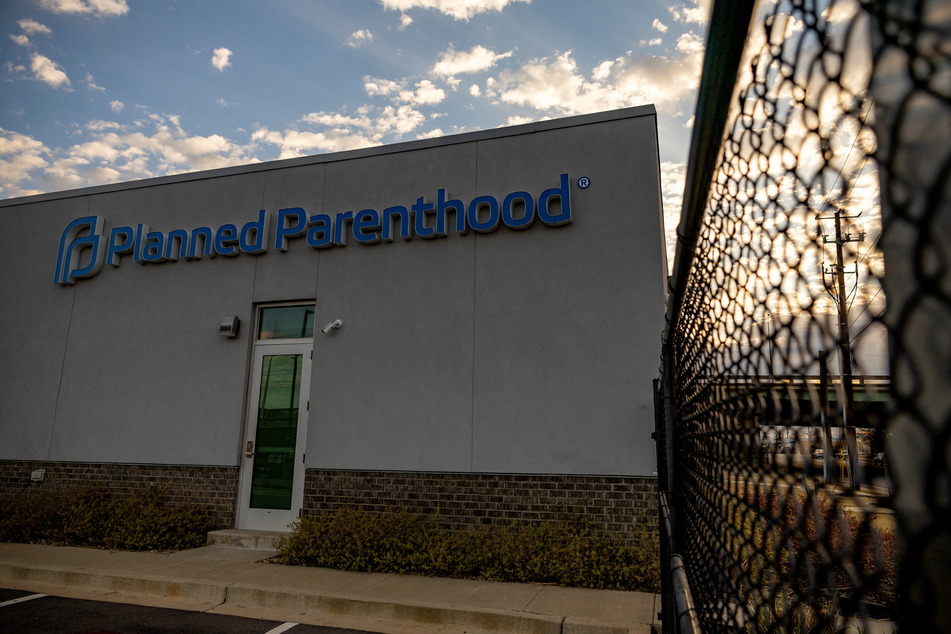With abortion bans spreading, some states are fighting to protect reproductive rights
Day by day, GOP-led states are moving faster and further to restrict access to abortion.

On April 14, Florida Governor Ron DeSantis signed a ban on most abortions after 15 weeks of pregnancy. The day before, lawmakers in Kentucky had overturned the governor’s veto of a bill restricting abortions after 15 weeks. It was the culmination of a week that started with Governor Kevin Stitt of Oklahoma signing legislation which makes providing an abortion a felony, punishable by up to 10 years in prison.
This is probably just the beginning of an all-out assault.
According to the Guttmacher Institute, a research group that supports abortion rights, if Roe is overturned, some 26 states are "certain or likely to ban abortion without Roe."
The US Supreme court's decision on the Dobbs v. Jackson Women's Health Organization, which many believe will overturn or weaken the landmark case of Roe and Wade from 1973, is expected in June.
At what feels like a crucial time for women's reproductive rights, some states are moving to put the necessary legal protections in place.
The states that protect abortion access

The Guttmacher Institute noted that as of April 14, 2022, 536 abortion restrictions had been introduced in 42 states.
At the same time, though, some 30 states are considering measures to protect and expand access to abortion.
Seven states recently enacted 11 protective abortion measures in total: California, Colorado, Maryland, New Jersey, New York, Oregon, and Washington.
Currently, abortion rights are considered protected by state law, regardless of what happens with the challenge to Roe, in 16 states. The right to abortion is codified under state law in Colorado, Vermont, New Jersey, Oregon, and the District of Columbia.
In 12 states, abortion is allowed before the fetus is viable or to protect the life and health of the pregnant person. They are California, Connecticut, Delaware, Hawaii, Illinois, Maine, Maryland, Massachusetts, Nevada, New York, Rhode Island, and Washington
Some states are going further. In Vermont, lawmakers voted in February to move forward an amendment to the state constitution that would guarantee the right to abortion and contraception. The measure will head to the ballot this November if Governor Phil Scott gives public notice, though he has signaled he will do so.
There's also Colorado, where Governor Jared Polis signed the Reproductive Health Equity Act into law on April 4. This bill declares that "every pregnant individual has a fundamental right to continue the pregnancy and give birth or to have an abortion." Effectively, it protects access to abortion and advocates hope to bring a constitutional amendment similar to the one in Vermont to the ballot in 2024, according to NPR.
Maryland's legislature also overrode Republican Governor Larry Hogan's veto to enact several measures to protect and expand abortion access. A bill that will allow more health professionals like nurse practitioners, midwives, and physicians assistants to perform the procedure and will become law on July 1.
It also establishes the Abortion Care Clinical Training Program, which according to NPR seeks to diversify the group of people who can perform abortions with training programs. Abortion care will also become covered by qualifying insurers without a deductible.
Becoming a refuge state

States' efforts are not restricted to protecting their own citizens' rights.
As multiple media outlets reported, California is seeking to become a refuge for women all over the country seeking abortions.
Currently, a whole package of bills that aim among other things to make abortion easier to access is moving through the state legislature, backed by Governor Gavin Newsom. In March, he signed legislation to strike out-of-pocket costs for abortion services in the state. It makes it easier for medical professionals to get paid for the procedure and protect the privacy of out-of-state patients.
Similarly, on March 19, Connecticut Reps moved legislation forward to protect instate medical providers and out-of-state patients who travel to Connecticut for abortion care services. The legislation is now on its way to the state Senate. As the Associated Press pointed out, Connecticut codified the right to abortion in 1990, but now proponent say they need to take these addition steps in preparation for the potential overturning of Roe v. Wade. Democratic Governor Ned Lamont has signaled his readiness to sign the legislation if it passes the Senate.
The bill would prevent state and local authorities from helping in investigations and prosecutions of abortion providers in the state. It would also change the state's extradition statutes and prevent an out-of-state patient's medical records from being disclosed.
And like the measure in Maryland, it would allow other medical professionals to perform the most common kind of in clinic abortion procedures.
New clinics on the border

Apart from legislative action on a state level, abortion advocates like Planned Parenthood are getting ready for an influx of out-of-state patients seeking care.
Oregon does not have restrictions on abortions, but it does not currently have a clinic that offers the procedure east of the Cascade mountains.
The Associated Press reported Monday that Planned Parenthood is renting medical office space about an hour from the Idaho border in Ontario, Oregon. The organization has not confirmed its plans for the property, but it has previously mentioned preparing for more out-of-state patients seeking abortion care. Earlier in 2022, the group successfully lobbied for $15 million to be set aside by the Oregon legislature in an unrestricted fund for reproductive health equity.
Chief of affiliate operations at Planned Parenthood Columbia Willamette Kenji Nozaki said, "No matter what happens we will be there for our in-state and out-of-state neighbors, and continue to meet the needs of our patients. We are prepared to support anyone who seeks their legal right to decide whether and when to become pregnant."
As the future for Roe v. Wade looks bleak, these preparations look more necessary than ever. Many states may soon be inundated with out-of-state patients, because studies have shown time and again that bans don't stop abortions.
Cover photo: 123rf/ sheilaf2002

